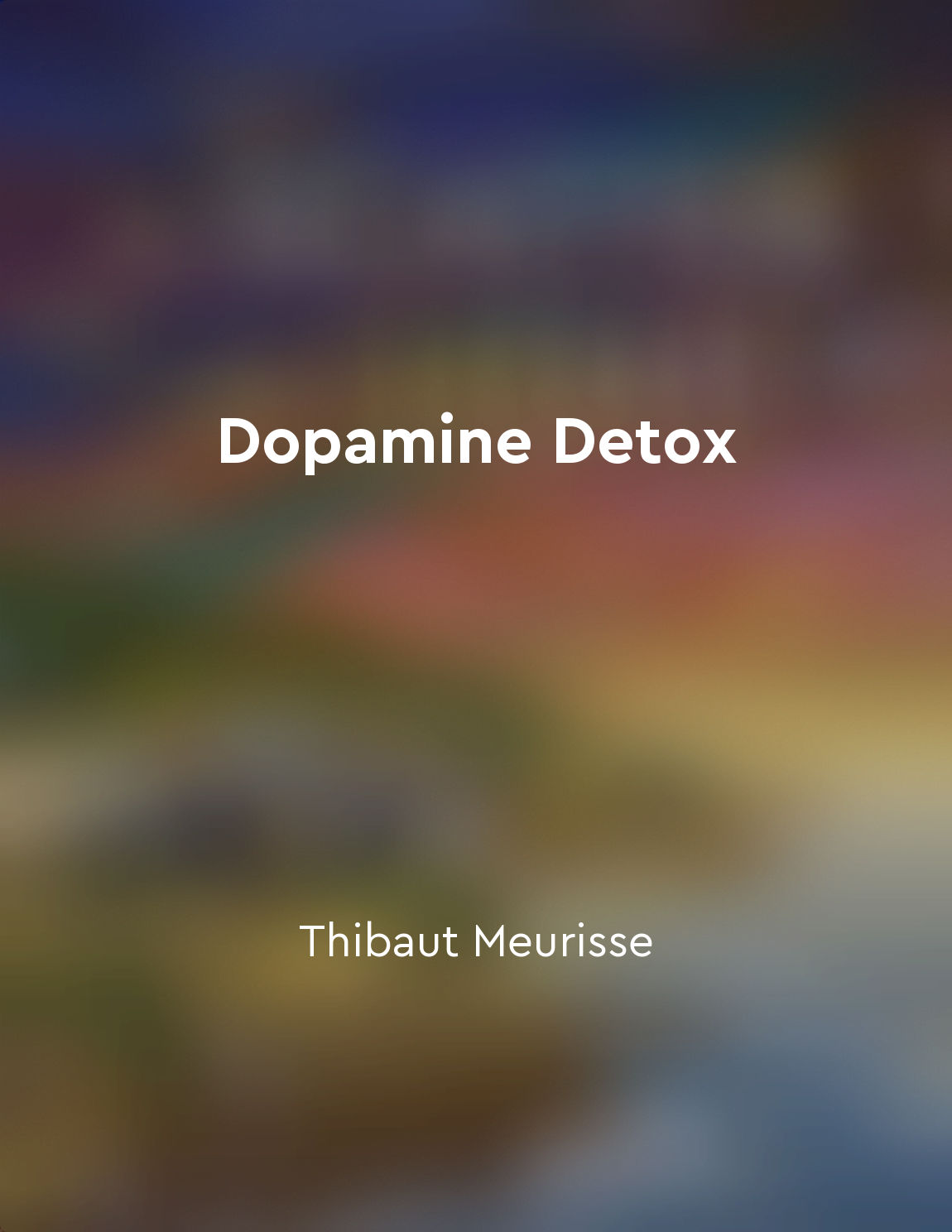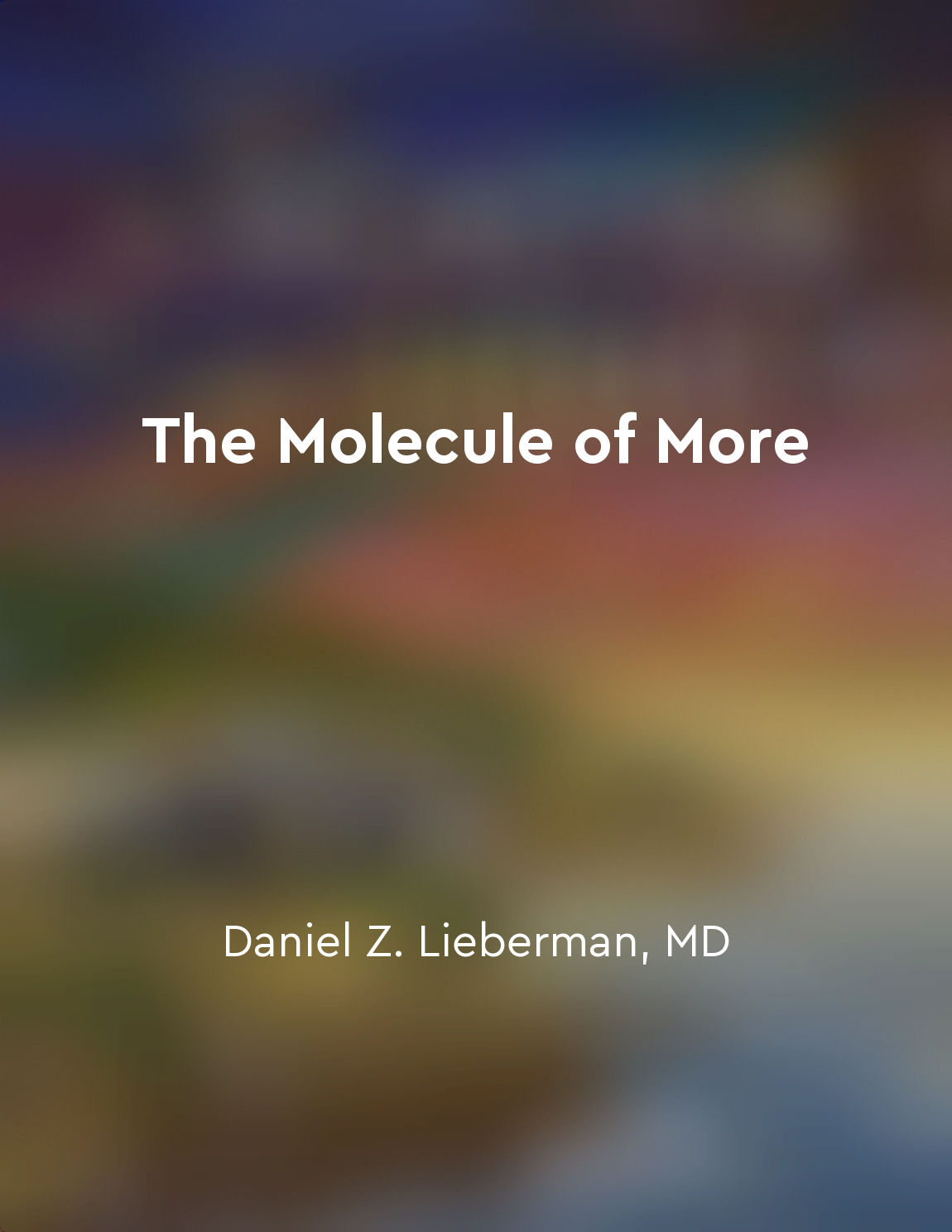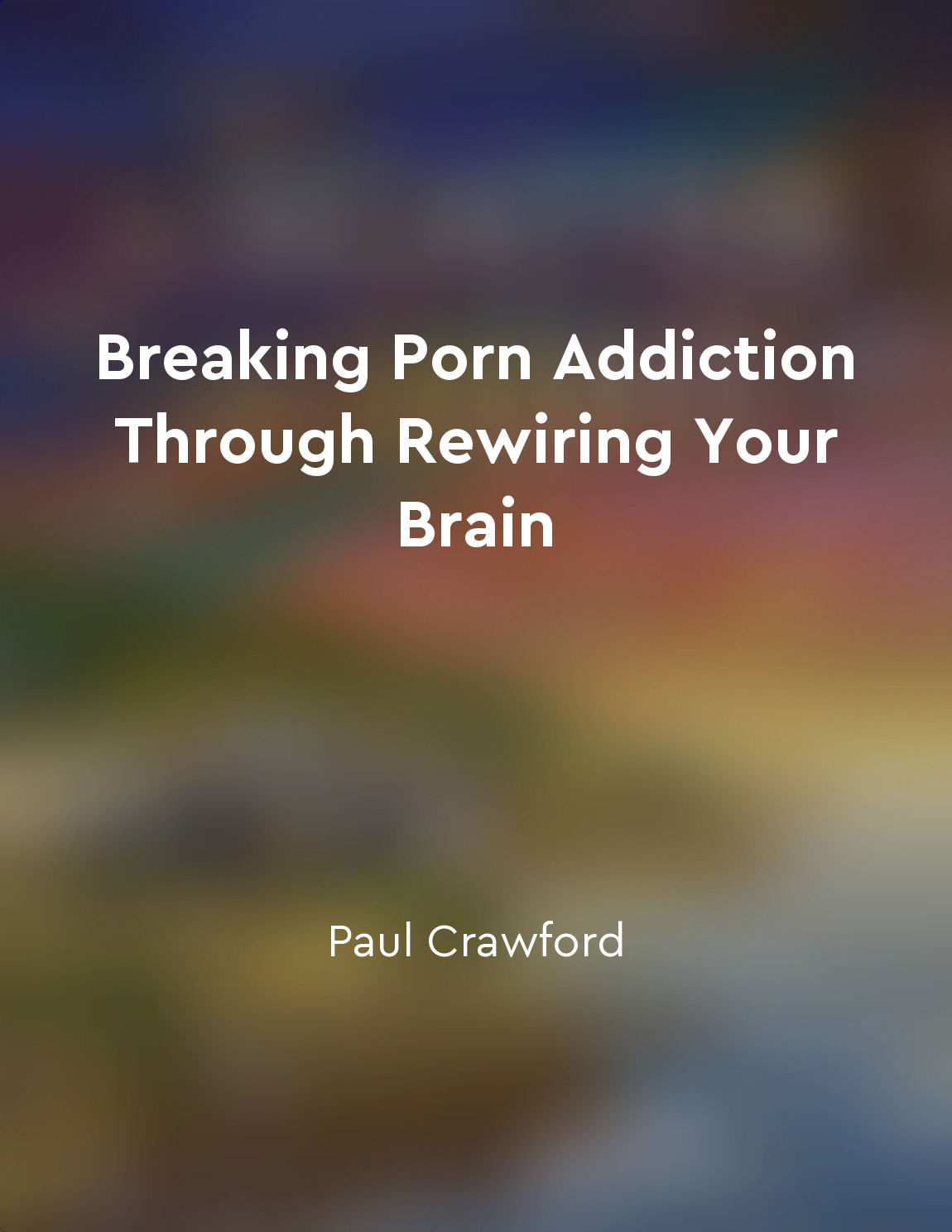Drug use alters the brain's chemistry, leading to addiction from "summary" of Never Enough by Judith Grisel
Drug use alters the brain’s chemistry, leading to addiction. The brain is the most powerful piece of technology we possess, and its primary objective is to keep us alive. It is highly adaptable, constantly changing in response to our experiences. When we introduce drugs into our system, the brain’s chemistry is disrupted, triggering a cascade of events that ultimately lead to addiction. Drugs hijack the brain’s reward system, flooding it with dopamine – the neurotransmitter responsible for pleasure and reward. This surge in dopamine creates an intense feeling of euphoria, reinforcing the behavior of drug use. Over time, the brain adapts to this unnatural level of dopamine by reducing its production, leading to a diminished response to natural rewards. As drug use continues, the brain undergoes neuroadaptations to counteract the overwhelming presence of drugs. Tolerance develops, requiring higher doses of the substance to achieve the same effect. This cycle of escalating drug use further disrupts the brain’s delicate balance, leading to changes in other neurotransmitter systems and brain regions involved in decision-making, impulse control, and stress regulation. Repeated drug use rewires the brain, strengthening the connections associated with drug-seeking behavior while weakening those linked to self-control. This rewiring makes it increasingly difficult for individuals to resist the urge to use drugs, even in the face of negative consequences. The brain becomes hypersensitive to drug-related cues, triggering intense cravings and compulsive drug-seeking behavior. The progression from drug use to addiction is a complex interplay between genetic, environmental, and neurobiological factors. Genetics can predispose individuals to addiction, influencing how their brains respond to drugs. Environmental factors, such as stress, trauma, and social influences, can also shape the development of addiction. Ultimately, addiction is a disease of the brain, characterized by compulsive drug-seeking and use despite negative consequences. Understanding how drug use alters the brain’s chemistry is crucial in developing effective prevention and treatment strategies for addiction. By addressing the underlying neurobiological changes associated with addiction, we can help individuals break free from the cycle of substance abuse and regain control over their lives. Addiction is a formidable opponent, but with the right knowledge and support, recovery is possible.Similar Posts

Surround yourself with supportive people who understand your goals
Picture this: you have a goal in mind, something you want to achieve, something that excites you. Now imagine being surrounded ...

Setting boundaries and respecting oneself
Setting boundaries and respecting oneself is crucial for maintaining our mental and emotional well-being. When we establish cle...

Dopamine influences our perceptions and reality
The concept that dopamine influences our perceptions and reality is a fascinating one. When we think about dopamine, we often a...

Learning from setbacks can lead to growth
Setbacks are a natural part of life, and they are especially common when trying to break free from a porn addiction. It is impo...
By understanding how habits work, we can change them
Understanding how habits work is crucial to changing them. When we are able to identify the cue that triggers a habit, the rout...
Drug use alters brain chemistry
Drug use alters brain chemistry by changing the way neurons communicate with each other. Neurons are the basic building blocks ...
Brainhealthy diets focus on whole foods and limit processed items
Brain-healthy diets emphasize the importance of consuming whole foods over processed items. Whole foods are those that are in t...
Stigma can hinder recovery efforts
Stigma can be a significant barrier to individuals seeking help for substance use disorders. This stigma often stems from a lac...
